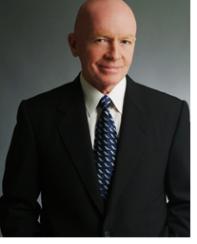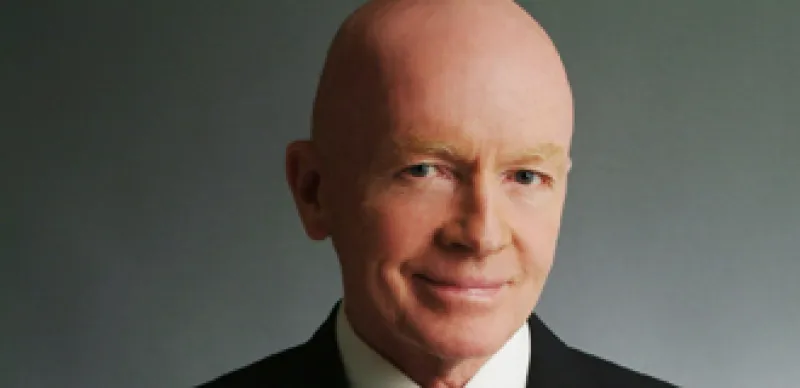The Yul Brynner of Wall Street doesn’t spend much time on his home turf these days. Instead, Mark Mobius, the likable executive chairman of Templeton Asset Management, bounces around between the far-flung emerging markets into which he regularly advises clients of the storied Franklin Templeton Investments to invest.

Mobius predicts South Korea’s GDP will grow 5 percent this year as its largest companies expand by investing in, for the most part, other emerging markets. “You’re seeing a lot of Korean companies making acquisitions overseas in order to succeed quickly.” Who are they competing with in these deals? Rivals from other emerging market countries with deep foreign reserves that are seizing on the opportunity to snap up market share. “It’s true — more and more the emerging markets are going global, and they’re encountering each other when they get there,” Mobius adds.
1 What did the financial crisis teach us about emerging markets?
Everybody was affected, including emerging markets equities. But what we learned is that emerging markets are much more resilient — they recovered much faster than developed countries. Another thing is that emerging markets have garnered more exchange reserves than Western countries. In the past, emerging markets were always short. Now China has $2.3 trillion and Russia has more than $395 billion in reserves. They certainly do not have to ask for aid.
2 What’s the near-term economic outlook?
This year we expect emerging markets to grow, on average, four times more than developed countries, or 4 to 5 percent versus 1 percent. India and China will be growing at 7 to 9 percent.
3 So are big investors shifting more money from the U.S. and Europe to emerging markets?
Institutional investors are by and large very underweight emerging markets. The average American pension fund has 2 to 8 percent in emerging markets, but all emerging markets stocks globally represent 20 percent of the world’s GDP. During the crisis everybody retreated to what they thought was safe: U.S. dollars. Then you had this rapid buildup, and a lot of these institutions were kicking themselves for not staying in. Now they are thinking, Am I getting in at the top? They have to start building a program that gets them into emerging markets at a much higher weighting. To be underweight emerging markets right now is crazy.
4 How much should investors allocate to emerging markets?
Well over 15 percent. When you travel to these markets you can feel it — the vibrancy and growth. Yes, there are challenges, but then you look at developed markets like Greece. That’s what I call a submerging market.
5 What are the hottest emerging markets now?
Brazil is at the top, then Russia, China and India. But besides the BRICs: Turkey, Poland and Thailand.






